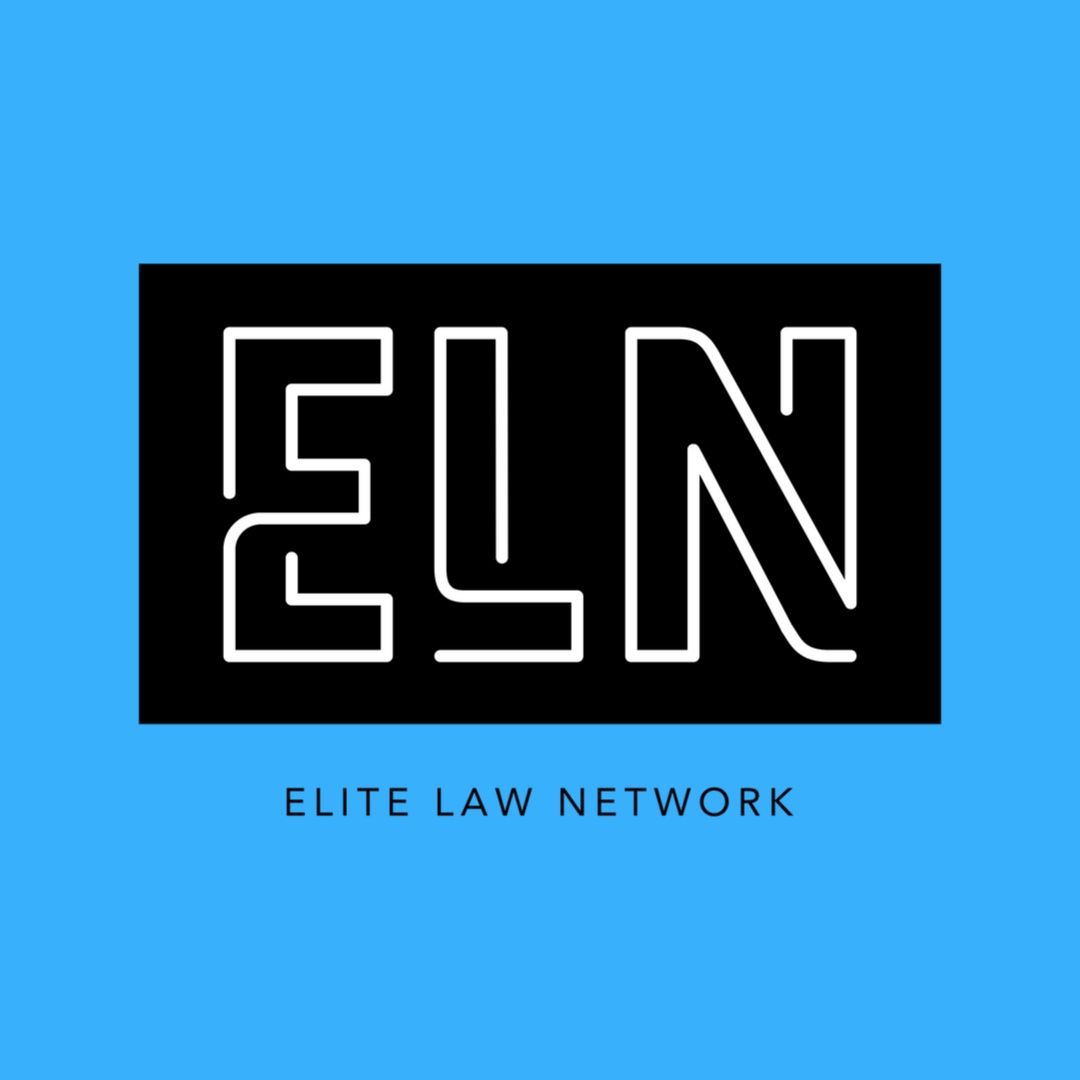Navigating Bumpy Roads: Direct Line's Claims Review and its Implications

UK-based insurer, Direct Line, has recently been instructed by the Financial Conduct Authority (FCA) to review its car and van insurance claims spanning the past five years. The directive came after the company admitted it had underpaid some customers in instances where their vehicles had been written off. As a response, Direct Line has committed to identifying affected policyholders and rectifying the situation by providing appropriate redress.

To explain the financial jargon: when a vehicle is "written off", it means that it's either beyond repair or that fixing the car would cost more than the car is worth. Insurance companies determine this and, if a vehicle is deemed written off, the company pays the market value of the car to the policyholder. In this case, it appears Direct Line has been underpaying customers for their written-off cars.
This announcement is the latest setback for the FTSE 250 insurer, following a series of profit warnings due to escalating inflation in its claims costs, which led to the exit of its chief executive in January.
Potential Impact and Opportunities for Corporate Lawyers
- Policyholder Litigation: The admission of underpayment opens up the possibility of policyholders seeking legal recourse, leading to potential revenue for lawyers specialising in insurance claims and customer disputes.
- Regulatory Compliance: Given the involvement of the FCA, there is an opportunity for legal professionals to offer guidance to Direct Line on regulatory compliance, ensuring the company operates within the confines of the FCA’s rules in the future.
- Internal Review: Lawyers could assist Direct Line in conducting the mandated five-year review, especially in determining which claims were unfairly settled.
- Strategic Advisory: Lawyers with expertise in corporate strategy can advise Direct Line on managing its public relations crisis, and help devise strategies to improve its relationship with customers and regain market confidence.
Commercial Awareness for Undergraduate Students
The ongoing scenario presents several key points to highlight in an interview to demonstrate commercial awareness:
- Understanding Regulation: "This situation reflects the regulatory authority's role in ensuring fair practices in the insurance sector. The FCA’s intervention demonstrates the mechanisms in place to protect consumer interests."
- Role of Insurance: "The case underscores the importance of insurance companies in providing a safety net for consumers and the need for these companies to act in good faith, offering fair compensation in the event of a claim."
- Reputation Management: "Direct Line's actions in response to its underpayments - pledging to identify affected policyholders and rectifying the underpayments - highlight how companies can take steps to manage their reputation in times of crisis."
- The Business Impact of Unfair Practices: "The case demonstrates how unfair practices can impact a company's bottom line and leadership, as seen by Direct Line's profit warnings and the departure of its chief executive."
Direct Line's saga emphasises the importance of ethical business practices and regulatory compliance. The case not only provides potential opportunities for corporate lawyers but also valuable insights for students seeking to understand the dynamics of the insurance industry, the regulatory environment, and crisis management.
